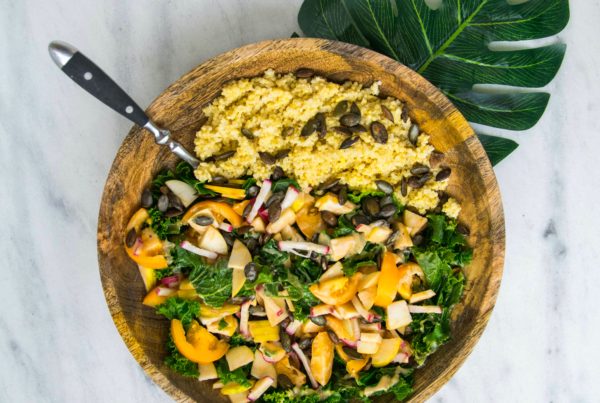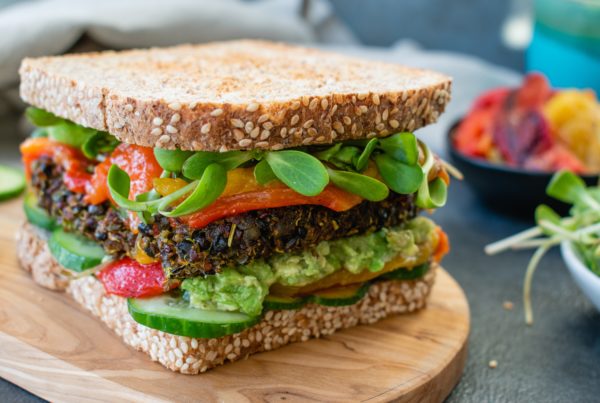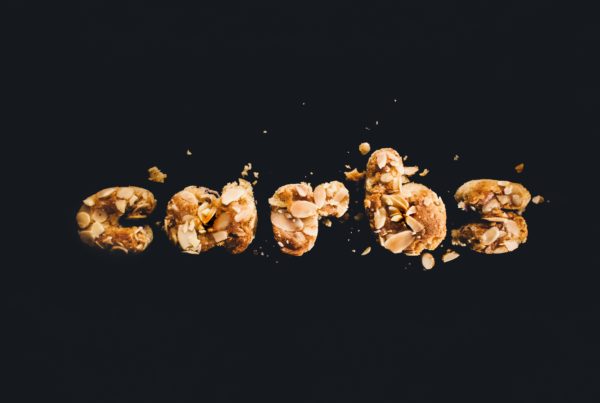Caffeine is a familiar word to almost all of us. For some people, caffeine is an essential part of their lives. Some people try their best to avoid any caffeine as they heard about the side effects it may cause. Some people may not even realize the foods that they are eating contain caffeine. So, what do we need to keep in mind while choosing foods containing caffeine?
Caffeine is a natural ingredient found in coffee beans, tea leaves, cocoa beans, guarana, and yerba maté. It is added to some carbonated drinks and cold and headache medications. It is well known that small doses of caffeine may help people feel more awake, alert, or energetic. Consuming moderate amounts of coffee has been linked to lower risk of Type 2 diabetes, cardiovascular disease, and Parkinson’s disease. Adding fat-free or low-fat milk or fortified soy beverage to your coffee could increase your daily calcium and vitamin D intake. On the other hand, large doses of caffeine may cause rapid heart rate, anxiety, impaired calcium metabolism, sleep problems, and elevated blood pressure. It is important to be mindful of the added sugar contained in caffeine drinks.
Consuming 400 mg caffeine per day for men and women aged 19 and older is considered safe. For pregnant and breastfeeding women who are 19 years old and older could consume up to 300 mg caffeine per day. Children under 12 years old should not have more than 2.5 milligrams of caffeine per kilogram of body weight. 250 mL of brewed coffee contains 80-179 mg caffeine. 250 mL of black tea contains 43-50 mg caffeine. 250 mL of energy drink could contain 80-97 mg caffeine.
For children, taking a short nap instead of consuming caffeine to gain energy is more productive and less likely to interfere with their sleep later that evening. People with hypertension and seniors may be at a higher risk for side effects of caffeine and should consider limiting their intake. Pregnant and breast-feeding women may also want to limit caffeine and should discuss their intake with a health care provider. To lower your caffeine intake, try to replace caffeine drinks with decaffeinated alternatives, such as decaffeinated coffee, herbal teas, sparkling water, or fruit infused water.



